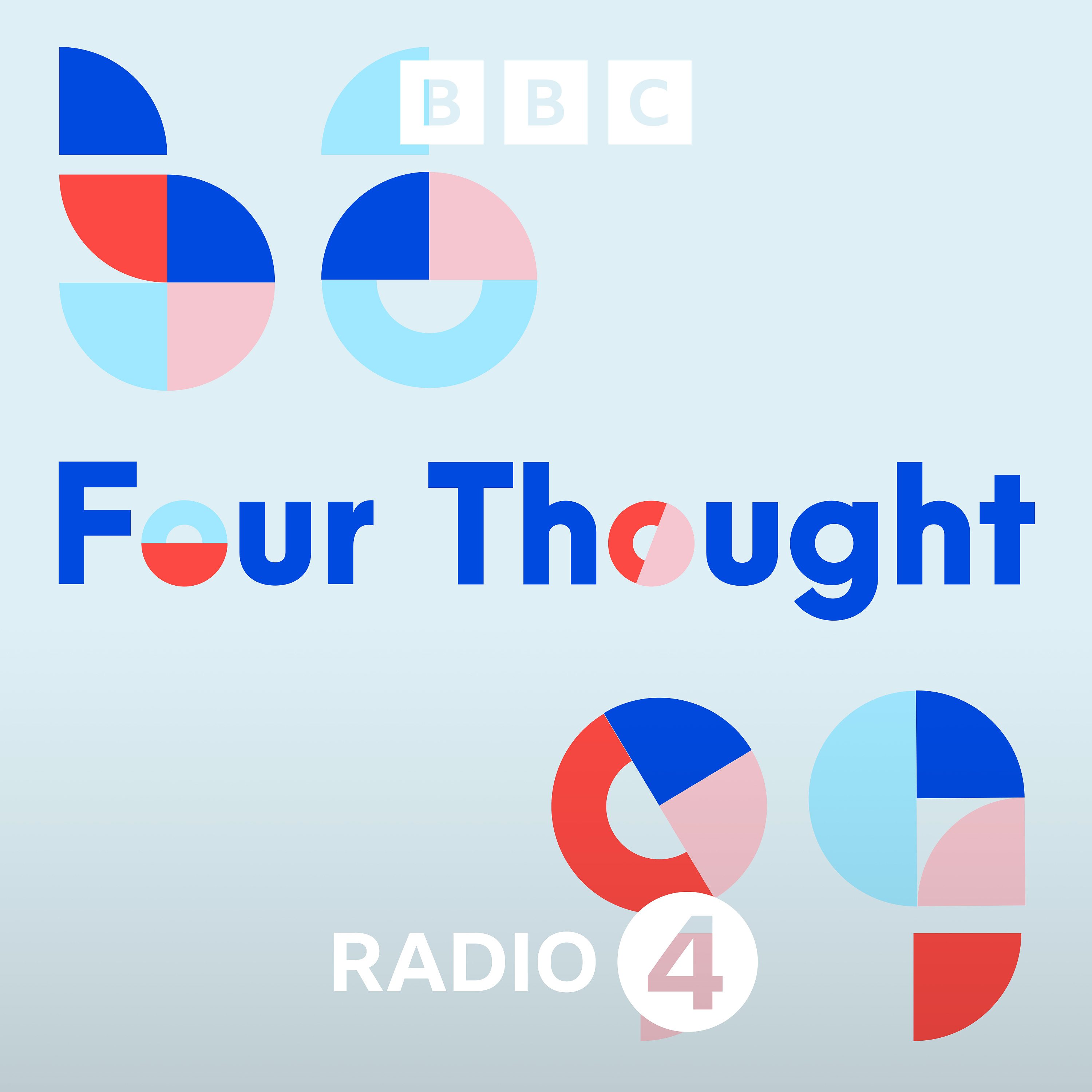

Four Thought
BBC Radio 4
Series of thought-provoking talks in which the speakers air their thinking on the trends, ideas, interests and passions that affect culture and society
Episodes
Mentioned books

Nov 27, 2013 • 18min
Chemophobia
Mark Lorch asks why we are all so afraid of chemicals.Biology has plants, animals and David Attenborough. Physics has lasers, stars and Brian Cox. Meanwhile chemistry, by reputation, has chemical weapons, pollution and Walter White from Breaking Bad.Mark, himself a chemistry lecturer at Hull University, explores why we have the wrong end of the stick, and what can be done about it.Producer: Giles Edwards.

Nov 20, 2013 • 18min
Ambivalence: For and Against
Mark O'Connell argues that in an age of strong opinions, we should embrace ambivalence.As a child, Mark's constitutional ambiguity meant his mother considered printing the phrase 'I might and I mightn't' on a t-shirt. Today, Mark's job as a writer for Slate magazine is to take strong positions. In this fascinating look at the role of ambiguity in our society, he attempts to square the circle - or should that be circle the square - in his determination to have the courage of his own ambivalence.Producer: Giles Edwards.

Nov 13, 2013 • 19min
Putting Profit in Its Place
Jane Burston argues that by placing too much emphasis on profit, companies behave in an unethical way, and it is time for social purpose to take centre stage.Jane describes what she sees as a systematic problem in big companies and argues that only by viewing profit as a means to an end, rather than an end in itself, can we create an ethical business sector. And she believes that shareholders will embrace her plan, even if it means business leaders taking on the mantle of moral leaders and sometimes compromising profit for social good.Producer: Giles Edwards.

Nov 6, 2013 • 19min
How to Remember
Sam Edwards argues that we should think again about how and what we memorialise - including wars and other major events in our national history.Sam is a lecturer in American History at Manchester Metropolitan University, and has long been fascinated with memorials. He tells the story of how, as a young man, he would journey around the Suffolk countryside visiting the many memorials to the US 8th Air Force, and the effect it had on him.Producer: Giles Edwards.

Oct 30, 2013 • 18min
Learning from our teenage selves
Molly Naylor has spent years thinking how much she could teach her teenage self. But in this talk, Molly turns her thinking on its head. What if her teenage self has something to teach her?Producer: Giles Edwards.

Oct 23, 2013 • 19min
Empires of Attention
Matt Locke traces the stories of three 'empires of attention' to examine how our attention, and the way it was measured, has shaped our culture.Producer: Giles Edwards.

Oct 16, 2013 • 19min
Hello Cheeky
Farrah Jarral puts the case for more cheekiness, arguing that it is a core British value and a creative, playful way of checking power and subverting the status quo.Farrah, a GP by day, tells the story of how one patient smashed the usual doctor-patient power gradient. She sets out to discover whether any other language has a concept quite like cheekiness, and she explains why she is convinced that there is far greater depth to it than first meets the eye.Producer: Giles Edwards.

Oct 14, 2013 • 19min
Drugs in Sport
Paul Dimeo argues that drugs made modern sport what it is today, and that we ought to take a more sympathetic view of those athletes whose will to win takes them outside the rules of the game.
Paul believes the entire Olympic movement was saved by the drug-fuelled rivalry between the United States, Soviet Union and East Germany, and makes the case that drugs dramatically enliven sport as a spectacle and as a talking point.
Producer: Giles Edwards.

Oct 2, 2013 • 19min
Language Is Power
Author and broadcaster Lindsay Johns argues that language is power, and makes the case for speaking English properly.Lindsay, who has mentored young people in Peckham, south London, for years, believes that street slang and what he calls 'ghetto grammar' disempower and limit the life chances of those who speak it.And he says that those who make excuses for this language, or argue that it is good for young people, are really just encouraging them to ostracize themselves even further from mainstream society.Producer: Giles Edwards.

Sep 25, 2013 • 17min
Mona Siddiqui
As the first Muslim chair in Islamic and Interreligious Studies at the University of Edinburgh, Mona Siddiqui regularly engages on inter-faith issues.
Reflecting on her own life, Mona says that far from being a private matter, friendship is more of a societal good that is achieving ever greater significance in the globalized world.Four Thought is a series of talks which combine new ideas and personal stories.Recorded during the Edinburgh festival, speakers explain their thinking on the trends and ideas in culture and society in front of a live audience.Producer: Caitlin Smith.


